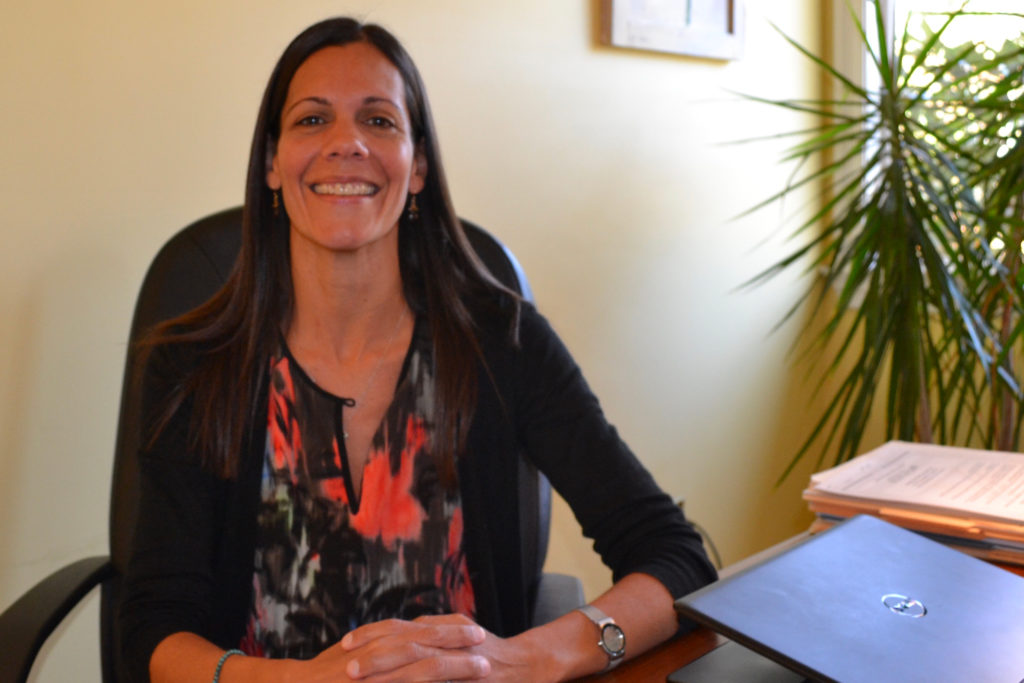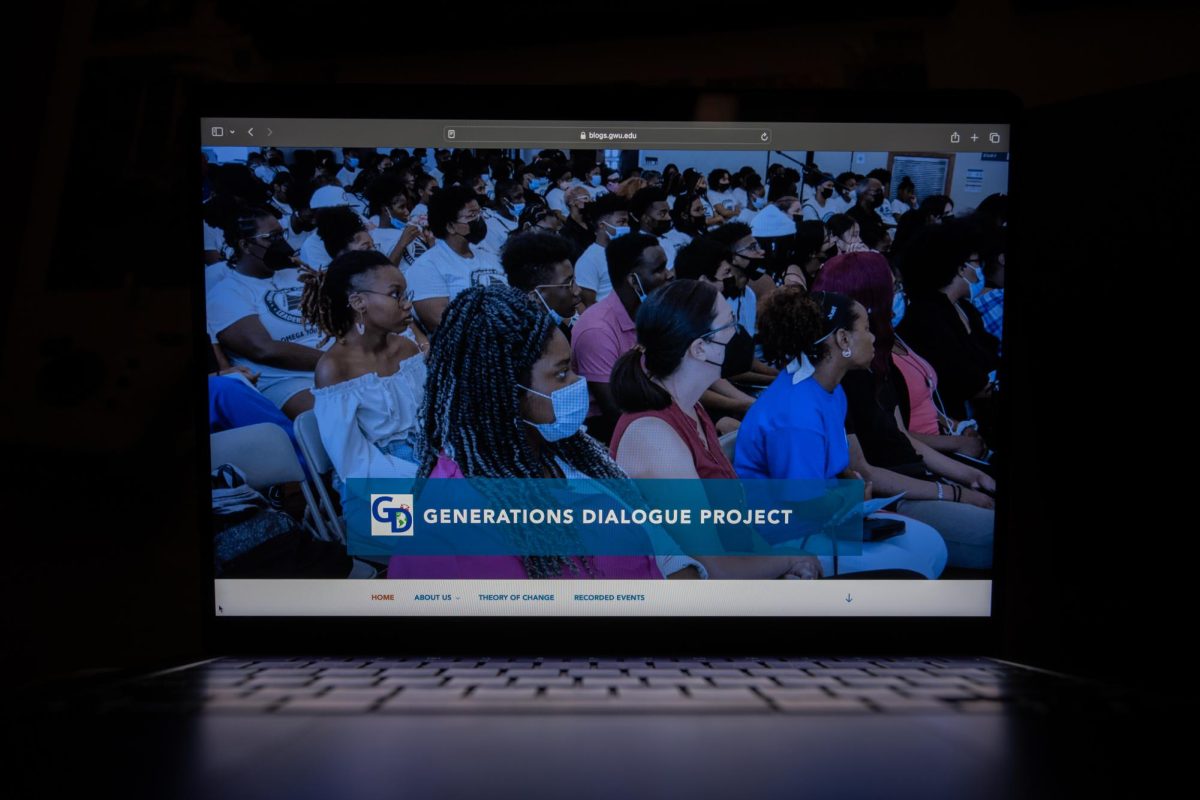The University is looking to expand Counseling and Psychological Services staffing to manage an influx of appointments this year, officials announced at a Faculty Senate meeting Friday.
Colette Coleman, the senior associate dean of students, and Jessica Parillo, the director of CAPS, presented a report that stated that CAPS handled 2,739 student appointments this semester with a depleted staff. Officials said the University’s reopening has increased mental health concerns for students who have struggled coping with busy schedules, crowded in-person classes and heightened academic rigor since returning to campus during the COVID-19 pandemic.
“We’re seeing somewhat regressed functioning and poor coping skills on top of these increased mental health diagnoses,” Coleman said at the meeting. “So it is really challenging the systems that we have in place, and this is not unique to GW CAPS by any means. I think it’s more of a national conversation.”
The report states that CAPS has received roughly two dozen cases of “suicidal ideation” this fall, and officials logged 848 CARE reports this semester in which psychological, academic and medical issues accounted for students’ top concerns. Both of these totals are consistent with pre-pandemic levels.
Coleman said GW is also looking to add six more counselors to CAPS in addition to the 12 currently employed, keeping the total in line with national standards, which recommend one counselor for every 1,000-1,500 students.
Parillo said CAPS faces a “significant challenge” hiring new therapists as the University competes with neighboring institutions to hire from a limited pool of D.C.-based counselors and navigate an increased demand for psychological services because of the pandemic.
“The pandemic changed our field in permanent ways, where now, therapists are often choosing to just start out with no overhead, doing telehealth and private practice,” she said. “Someone out of a master’s program can easily make like $160,000 a year where they’re going to make not even half of that here.”
Senators voted by unanimous consent to officially adopt a resolution of appreciation for outgoing University President Thomas LeBlanc, who was not present at the meeting. The senate initially tried to adopt the resolution by acclamation at last month’s meeting, but Arthur Wilson, the chair of the senate’s executive committee, said the move was found to be out of line with senate procedure.
“Senate bylaws treat all resolutions identically – there is no exception for resolutions of appreciation,” he said.
Harald Griesshammer, a faculty senator and an associate professor of physics, said he was concerned that officials said they will soon resume the search for a new chief digital officer – which Chief Financial Officer Mark Diaz said he hopes to conclude by the end of this fiscal year – without considering faculty input.
Faculty and administrators have been working to improve shared governance at the University in advance of the search for a permanent University president. Faculty have previously expressed concerns about a lack of opportunities for their own input and involvement in University planning efforts.
“That’s deeply troubling because the senate has made it very, very clear at the last meeting and via both informal and more formal channels that we want to have a significant say in that, and that discussion of the CDO position includes a discussion of what the future of Academic Technologies and IT at GW is,” Griesshammer said.
Faculty have said GW Information Technology is overwhelmed and understaffed while dealing with a spike in support requests at the start of the fall semester under the newly centralized IT model.
Interim Provost Chris Bracey said in his remarks that a steering committee working to improve shared governance at GW in advance of the search for a permanent president met this month to discuss the structure, timing and distribution of an upcoming survey to assess the current state of shared governance at GW.
“The steering committee has determined that the next meeting of the full task force will include a determination of the steps and timeline to follow with regard to town halls and a faculty survey,” Bracey’s remarks state.
Bracey also said officials are looking for the necessary personnel who will conduct the University’s internal diversity review, like a committee made of subcommittees studying faculty hiring and the student experience.
“We will share an announcement when the roster is finalized,” he said. “Shortly thereafter, we plan to distribute a [diversity, equity and inclusion] survey instrument to the community.”
The senate unanimously approved a proposal from the senate’s executive committee to adjust the timeline for electing Columbian College of Arts and Science faculty senators.
Griesshammer said the new timeline allows for a more even division of when the senators’ terms begin and end, with five senators beginning a two-year term in one year and six senators in another year. Previously, seven senators began their terms in one year and four senators in another.
“We are not suggesting that there are more members from the college,” he said. “We are just asking that instead of serving out the remainder of the term, that additional person gets a full year term.”
Bracey announced at the beginning of the meeting that Jason Zara, a professor of biomedical engineering, had stepped down from his seat representing the School of Engineering and Applied Science, and Tarek El-Ghazawi, a professor of engineering and applied science, will serve the remainder of his term.
Senators also confirmed Adriana Glenn, an associate professor of nursing, to join the professional ethics and academic freedom committee and six professors to the benefits advisory committee.
Aiden Orr, Erika Filter, Henry Huvos, Lauren Sforza and Nikki Ghaemi contributed reporting.











